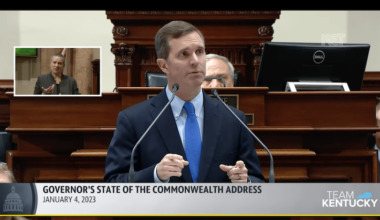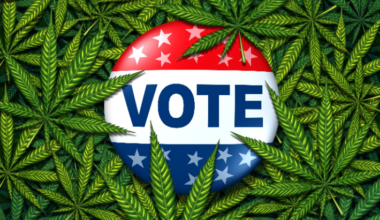
This past semester, I’ve been interning with the National Organization for the Reform of Marijuana Laws (NORML). This experience has greatly deepened my understanding of not only cannabis policy, but also the broader legislative landscape surrounding marijuana legalization. As someone pursuing a history of art degree with a concentration in peace, justice, and human rights, I came to NORML with an interdisciplinary interest in how cultural attitudes, public policy, and justice intersect—particularly in the realm of cannabis reform.
My decision to apply for this internship stemmed from a desire to better understand the complex and rapidly evolving debate surrounding marijuana legalization in the United States. I wanted to explore the legal, political, and research-based frameworks shaping policy decisions and to witness firsthand the challenges and momentum driving reform efforts at both the state and federal level. NORML, with its decades-long commitment to advocacy, education, and legislative action, provided the ideal setting for this exploration.
My primary responsibilities at NORML have included tracking, analyzing, and summarizing marijuana-related legislation, as well as supporting policy and candidate research at the state and federal level. With 4/20 approaching—a date often recognized as a cultural celebration of cannabis—it’s important to remember that at NORML, cannabis advocacy doesn’t happen just one day a year.
We at NORML think about this issue every day, working year-round to advance reform through policy, research, and grassroots engagement. These efforts have enabled me to develop a more nuanced appreciation for the intricacies of the legislative process—how bills are introduced, amended, and stalled, and how political will is built (or resisted) over time. I’ve also had the chance to observe the importance of accurate data and clear communication in advocacy work, especially when translating policy developments into accessible resources for voters and impacted communities.
What’s been most rewarding about this experience is how it has reinforced my interest in cannabis policy reform as an urgent justice issue. The criminalization of marijuana has long fostered racial and social inequities, and meaningful reform requires not just legalization, but also a comprehensive reevaluation of how those laws were written, implemented, and enforced. NORML’s mission—to represent the interests of responsible cannabis consumers and push for equitable policy solutions—aligns closely with my own values and aspirations.
Looking ahead, I hope to continue my engagement in marijuana advocacy through legal studies, research, or community-based organizing. I’m grateful to the NORML team for their mentorship, insight, and dedication, and for reminding me that social change, though often incremental, is both possible and necessary when pursued with clarity and conviction.
Related
Medical Disclaimer:
The information provided in these blog posts is intended for general informational and educational purposes only. It is not a substitute for professional medical advice, diagnosis, or treatment. Always seek the advice of your physician or other qualified healthcare provider with any questions you may have regarding a medical condition. The use of any information provided in these blog posts is solely at your own risk. The authors and the website do not recommend or endorse any specific products, treatments, or procedures mentioned. Reliance on any information in these blog posts is solely at your own discretion.






